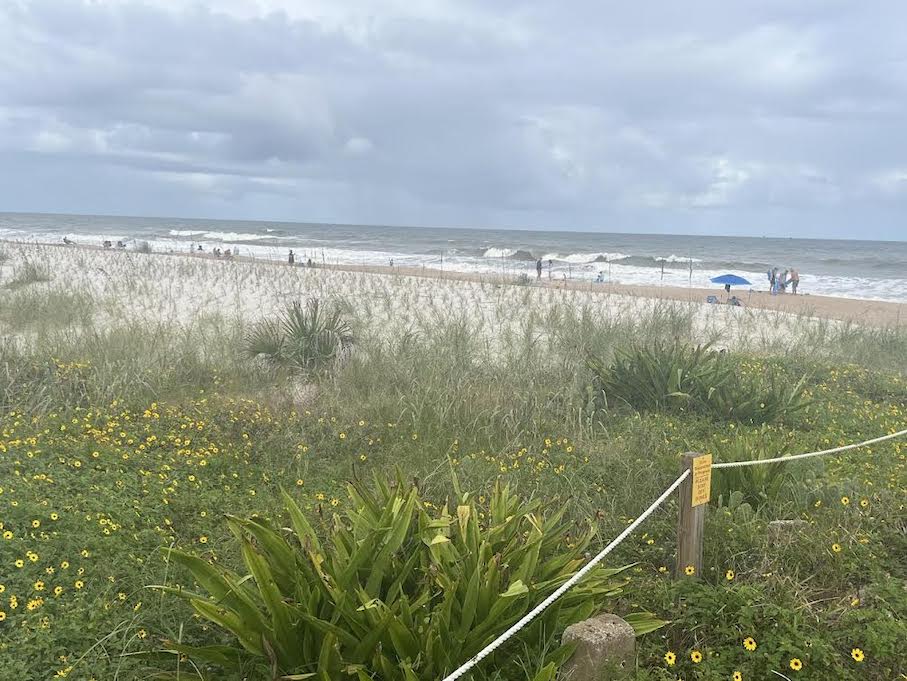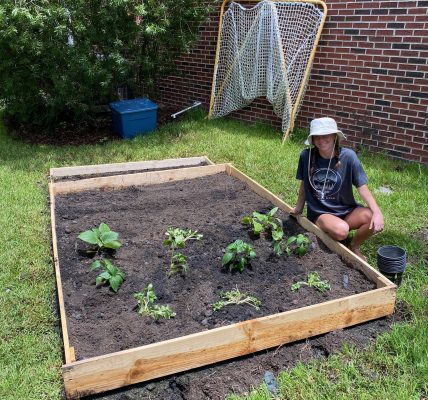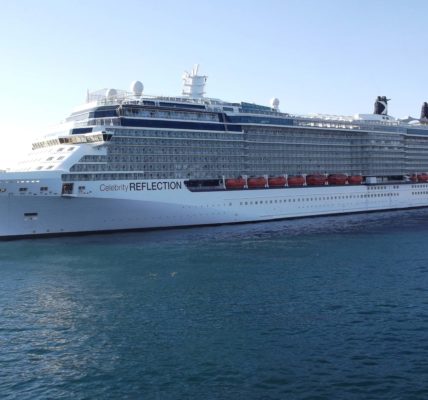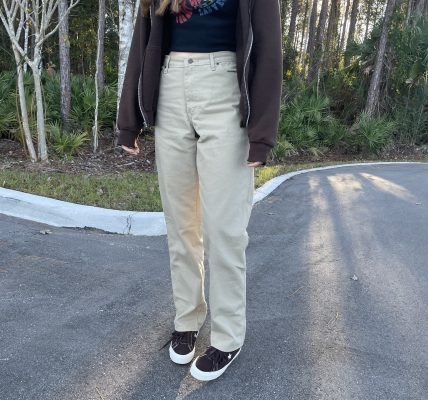Choose Reusable.
According to the Environmental Protection Agency, every child who brings a brown-bag lunch to school each day generates 67 pounds of waste by the end of the school year. Instead of packing individual snacks in single-use disposable plastic bags or containers, opt for reusable receptacles such as the following.
- Stainless steel containers
- Glass or bamboo containers
- Reusable food wrap, such as beeswax wrap
- Reusable snack bags
- Bento boxes
https://ecolunchboxes.com
https://www.planetbox.com
https://www.wrapnmat.com
https://earthhero.com/products/travel/bees-wrap-single-medium-beeswax-wrap/
https://www.by-ekobo.us/outdoor/bentos-lunch-boxes/
https://earthhero.com/product-category/baby-kids/back-to-school/lunch-time/ https://earthhero.com/products/travel/stasher-reusable-silicone-sandwich-stasher-bag/ https://earthhero.com/products/travel/to-go-ware-kids-bamboo-utensil-set/ https://www.amazon.com/gp/product/B07PP3Z7S7/ref=as_li_qf_asin_il_tl?ie=UTF8&tag=citrussleep10-20&creative=9325&linkCode=as2&creativeASIN=B07PP3Z7S7&linkId=dbaad3b1f4d9b7131dd34728c8c11fae
Lose the plastic water bottle.
Each plastic bottle leaks harmful chemicals into the environment along the way as it decomposes. Studies show that the toxins decomposing bottles of water leach into the environment cause a variety of health issues, including reproductive problems and cancer. Invest in reusable stainless-steel water bottles or glass bottles with protective sleeves to prevent breakage.
3. Ditch disposable napkins and wipes.
Many parents stuff their children’s paper napkins or wet wipes into their lunchboxes for cleanup, but disposable napkins and wipes add up to a lot of waste. Opt for cloth napkins instead. They’re easy to clean and can be tossed in the washing machine with the next load of towels.
https://www.theeverydaynapkin.co
https://greenpaperproducts.com/biodegradable-napkins.aspx
- Cut down on meat and dairy.
Meat, yogurt, cheese and other dairy products tend to have a higher environmental footprint than plant-based foods. Consider packing at least one vegan lunch per week.
- Buy locally.
Buying food locally not only supports the community but also it reduces the carbon footprint of the food by cutting down on the distance its shipped.
- Ditch the idea of “kid food”
The idea that children should eat differently than their parents has meant that kids eat more processed food and less healthy fresh produce. “Kid food” like Lunchables is a marketing ploy that encourages unhealthy eating. Last year, a study found that students who eat the same foods as their parents tend to have a heather diet.
- Conscience over Convenience.
Although it may seem easy to buy pre-packaged snacks and pre-made lunches, do the environment a favor and pack your lunch in your own container. Buying food in bulk and making your own servings can lead to a healthier diet and huge reduction of waste.





